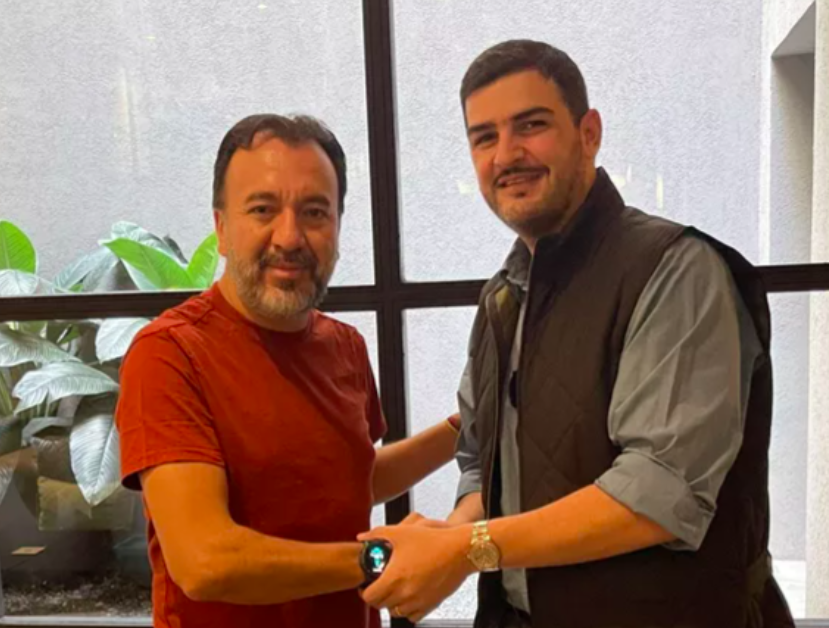Ecuador inaugurates the 2023-2027 administration period, in which new prefects, mayors, municipal councilors, and members of the Council for Citizen Participation and Social Control (CPCCS) will take office.
On May 14, the authorities elected in the February sectional elections will take office.

On that day, more than 13 million voters elected the following:
- 23 prefects and vice-prefects of provincial governments;
- 221 district and municipal mayors;
- 864 urban councilors and 443 rural councilors as cantonal authorities;
- 4,109 members of parish councils;
- Seven councilors of the CPCCS.
At the same time, on the same day, the plenary of the National Assembly of Ecuador must elect the authorities that will make up the Legislative Administration Council.
The 137 assembly members will vote for the president of the Parliament, two vice presidents, four members, and the presidents of the respective working commissions for the remaining two years of the current legislative term (2021-2025).
Among the new local authorities to take office stand out the representatives of Revolución Ciudadana (RC), the political movement led by former President Rafael Correa (2007-2017), which won in nine of the 24 provinces and at least 60 of the 221 cantons of the country.
RC candidates were the big winners of the electoral day of February 5 after winning the provincial governments and mayors’ offices in the country’s most populated regions, such as Pichincha, Manabí, and Guayas.
Correísmo won in the two main population centers of Ecuador.
Paola Pabón was elected prefect of the province of Pichincha, and Pabel Muñoz was elected mayor of the provincial and national capital, Quito.
The same scenario was repeated in the province of Guayas. Marcela Aguiñaga was elected prefect of the province, while Aquiles Álvarez will be the new mayor of Guayaquil, the second largest city in the country.
Among the new provincial authorities who will inaugurate their administration on May 14 are:
- Leonardo Orlando, prefect of Manabí;
- Juan Cristóbal Lloret, prefect of Azuay;
- Johana Núñez, prefect of Santo Domingo;
- Richard Calderón, prefect of Imbabura;
- and Yofre Poma, prefect of Sucumbíos.
At the municipal level, together with the elected mayors of Quito and Guayaquil, Muñoz, and Álvarez, respectively, stand out:
- Wilson Erazo, mayor of Santo Domingo;
- Pedro Solines, mayor of Milagro;
- Alexis Matute, mayor of Quevedo,
- and Verónica Lucas Marcillo.
Verónica Marcillo is the mayor of Puerto López, appointed in replacement of Omar Menéndez, the RC candidate murdered the night before the elections.
The sectional elections of February 5 gave, at the same time, a new representation to Correism in the Council of Citizen Participation and Social Control (CPCCS).
This body emerged from the constituent process of 2008.
The councilors elected by popular will are in charge of appointing 37 authorities of public institutions, supervising or competent in probity functions, such as members of the comptroller’s office, prosecutor’s office, superintendents, and members of the National Electoral Council, among others.
With information from Sputnik

